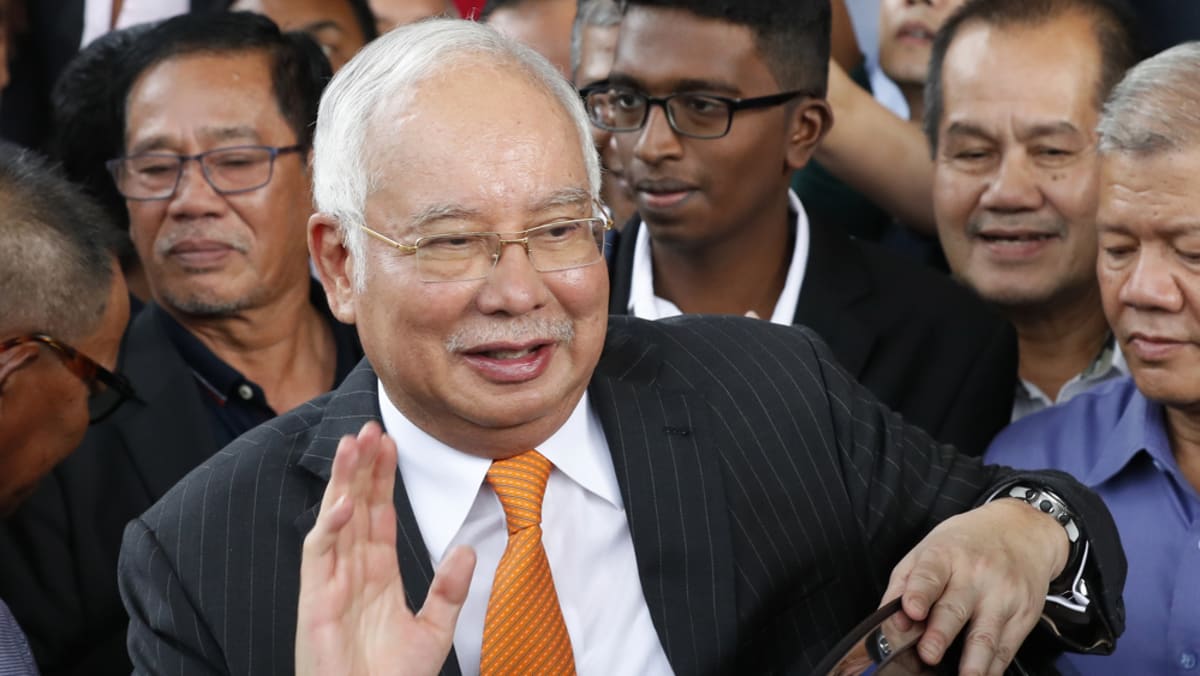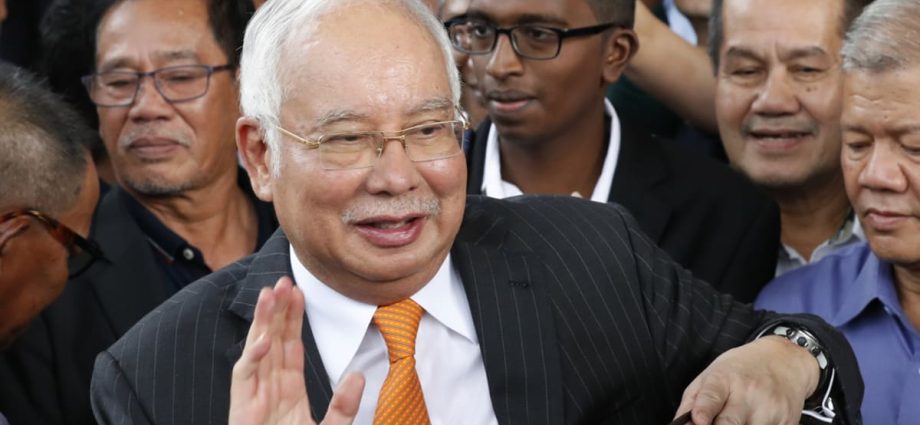
1MDB, which was a Najib brainchild shortly after he became premier, turned into one of the biggest scandals to rock Malaysia and the international financial community. US and Malaysian investigators estimate that more than US$4.5 billion was stolen from the fund and another US$1 billion flowed into accounts held by Najib.
There was also the view then among analysts and politicians from both sides of the divide that any hurried granting of a royal pardon for Najib, who is still facing other corruption charges in separate cases involving 1MDB, could potentially trigger concerns over the country’s judicial system and adversely impact on investor confidence in the country.
In early December, Najib’s lead defence counsel, Mr Shafee filed a fresh application for the Pardons Board to revisit his client’s clemency application, which led to the change of heart among certain members of the Pardons Board, government officials close to the situation noted without elaborating.
“The government is aware of the public sentiment about the issue of a pardon for Najib, but this is a matter that is entirely up to the King,” said a senior official in Anwar’s administration who asked not to be named.
HOW THE PARDON BOARD WORKS
Public knowledge of the Pardons Board is very limited and its inner workings are shrouded in secrecy. It is therefore unknown whether the Pardons Board had ever discussed Najib’s petition for a royal pardon at its meetings prior to the December session.
PM Anwar had reportedly said earlier that the board’s meeting on Apr 28 last year did not discuss whether Najib should be freed or not.
Each of Malaysia’s 13 states has its own Pardons Board that is headed by either the Sultan or governor, for states such as Penang, Melaka, Sabah and Sarawak.
The exception applies to the three Federal Territories, namely Kuala Lumpur, the administrative capital of Putrajaya and Labuan island on Borneo.
In the Federal Territories, the Pardons Board is headed by the King and consists of five other members. Apart from three members appointed by the King and whose identities are kept confidential, the other two are the Attorney General and the Federal Territories Minister.
The Pardons Board does not function on a scheduled basis and only meets if and when there are cases for consideration.
According to senior government sources, Mr Anwar had attended the Pardons Board meeting in December that decided to defer considering the Najib petition because the Federal Territories portfolio, which was vacant at the time, was operating directly under the Prime Minister’s Office.
At this month’s meeting, the Anwar administration will be represented by Dr Zaliha Mustapha, the country’s former health minister, who was appointed to the Federal Territories portfolio in last month’s Cabinet reshuffle.

